In late July 2025, three students were ambushed and killed near their school in Bawku, Ghana’s Upper East Region. This prompted immediate deployment of troops, a curfew from 2 pm to 6 am, and efforts to evacuate vulnerable residents and secure schools.
The violence stems from a longstanding chieftaincy dispute between the Kusasi (majority) and Mamprusi (historically ruling) communities. Both claim the Bawku “skin” (chiefly title), creating recurring cycles of conflict that date back to pre‑independence and worsened post‑1957 due to political manipulation.
Security analysts are particularly concerned because attacks are now aimed at civilians—a worrying escalation. Given Bawku’s proximity to jihadist‑affected Burkina Faso, experts fear extremist groups might exploit local ethnic tensions to spread violence southward.
Burkina Faso’s jihadist insurgency has displaced millions and is destabilizing the broader Sahel. Ghana’s porous 602 km border enables firearms, militants, and illicit goods to cross. Security experts later warn that Ghana risked becoming a staging ground for extremist recruitment and logistics.
Since 2023, Ghana has often deployed up to 1,000 troops in response to surges in violence—but this has failed to resolve underlying tensions:
-
Local groups claim state forces are biased—Kusapasi distrust those favouring Mamprusi and vice versa.
-
Mediation efforts by the National House of Chiefs have largely failed.
-
Extrajudicial arrests and civilian casualties have deepened mistrust.
The conflict has paralyzed local markets, disrupted border trade, and worsened food insecurity. Youth unemployment and marginalized communities around Bawku face heightened vulnerability—conditions that extremist groups could exploit for recruitment.
Experts warn that if Ghana loses stability, it may become the next front in the Sahel conflict. Displacements, disrupted trade routes, and infiltration by armed groups could destabilize neighboring countries like Togo, Benin, and Côte d’Ivoire.
Combine peace enforcement with meaningful dialogue—military action must be paired with inclusive negotiation between ethnic factions. Omitting community engagement risks repeating mistakes seen in the Sahel
-
Expand state services in Northern Ghana—tackle poverty and youth joblessness to reduce susceptibility to extremist outreach.
-
Bolster border coordination with neighbours—regional intelligence, joint patrols, and amplified Accra Initiative efforts are vital to preventing spillover.


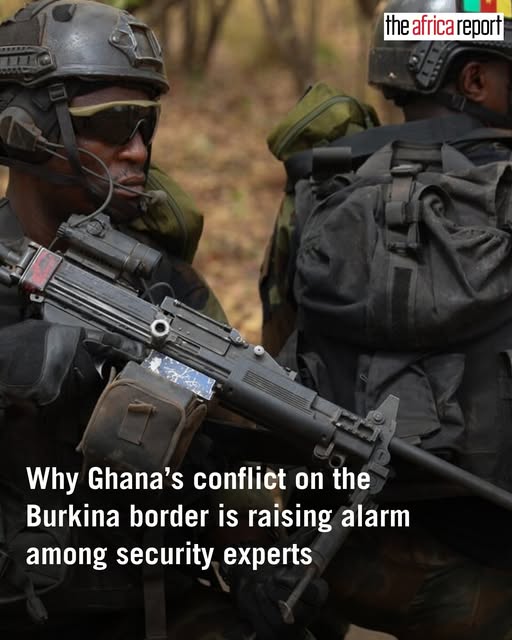
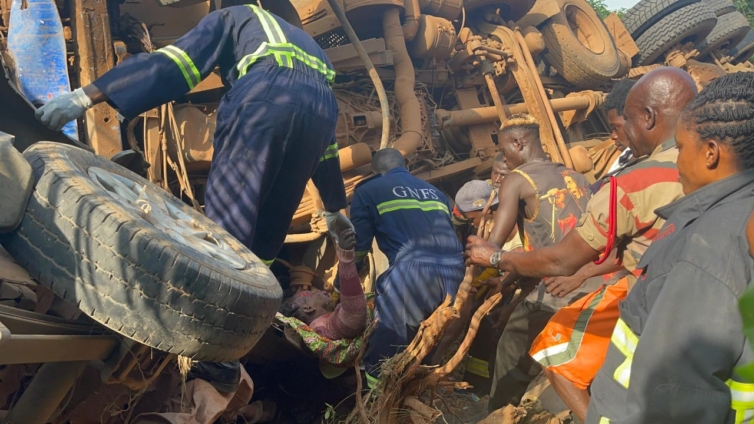
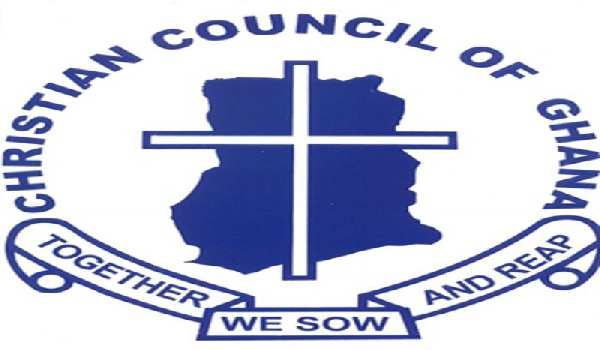
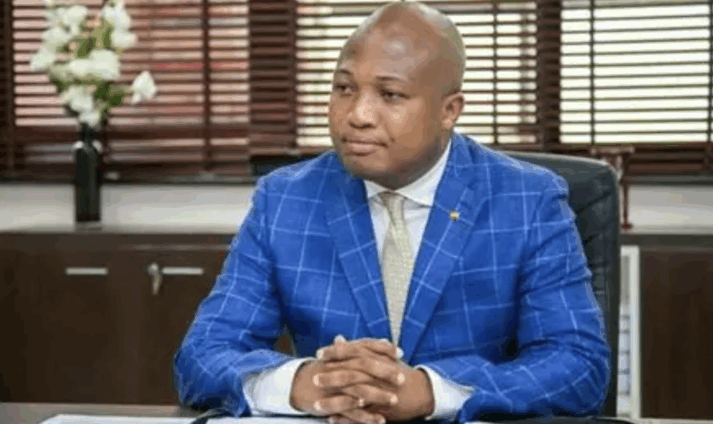


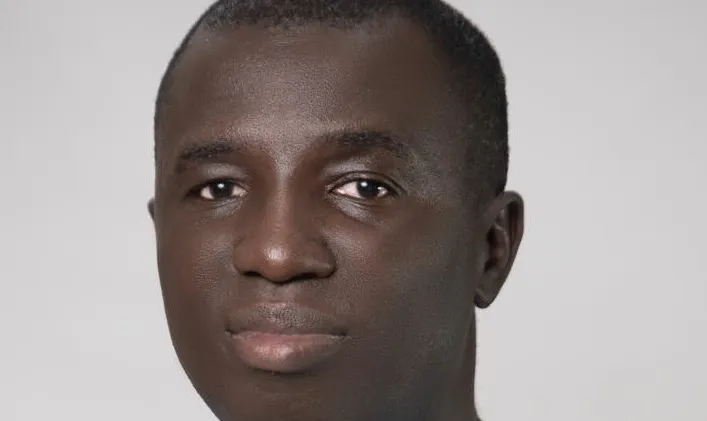
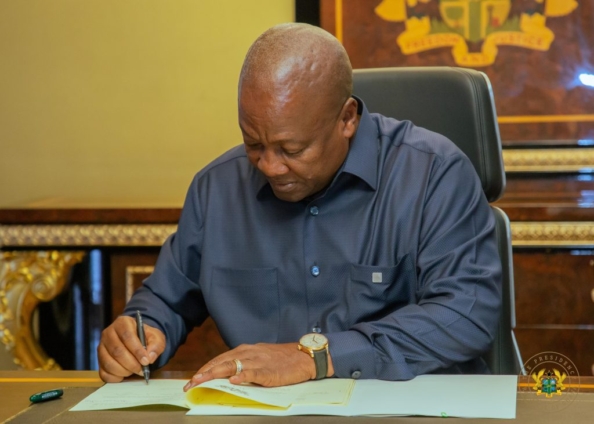
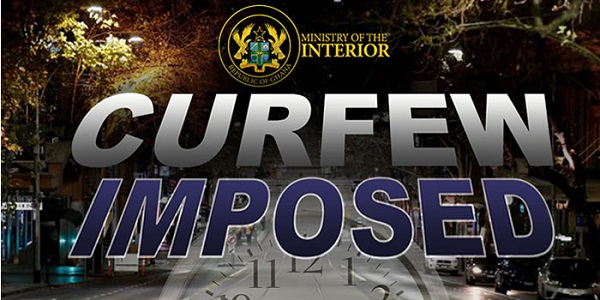






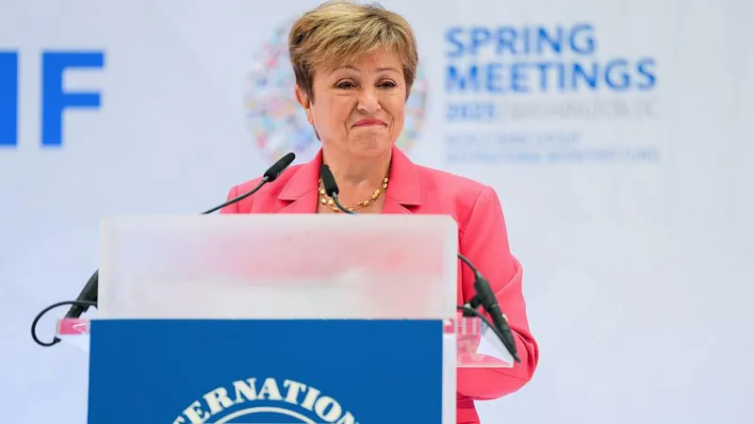

0 Comments